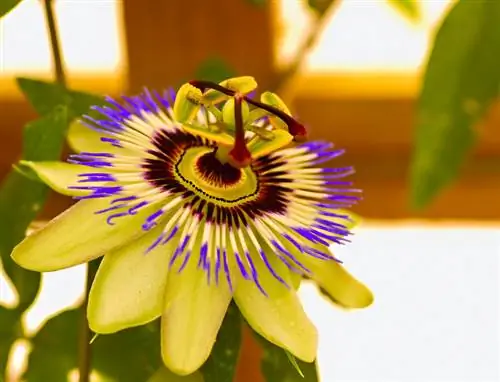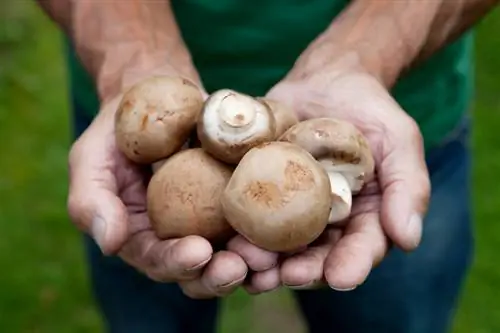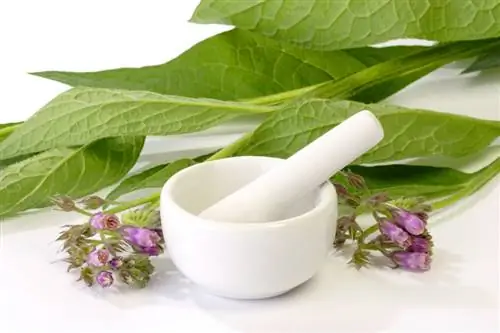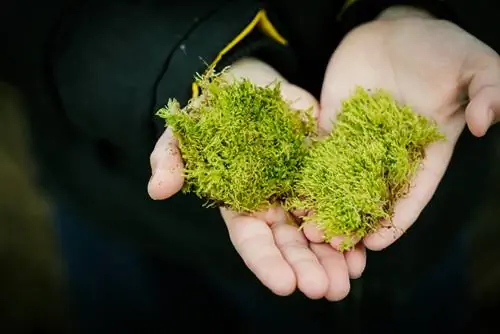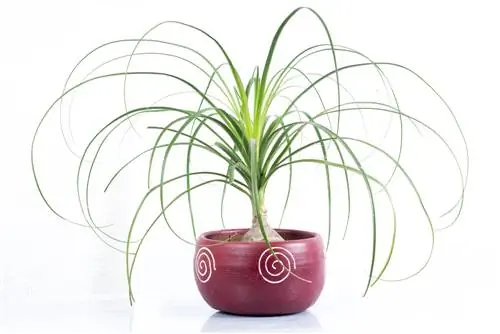- Author admin leonars@hobbygardeners.com.
- Public 2023-12-16 16:46.
- Last modified 2025-01-23 11:20.
If you look around in gardening and exotic forums, the answers you find regarding the toxicity of passionflower are very contradictory. In fact, some of the over 500 Passiflora species are slightly poisonous to poisonous due to the high hydrogen cyanide content, while others develop edible and very tasty fruits. Well-known examples include passion fruit and grenadilla.
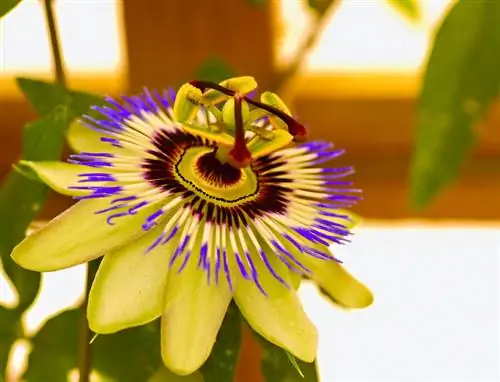
Are passion flowers poisonous to people and animals?
Are passion flowers poisonous? Some of the over 500 Passiflora species contain mildly toxic to poisonous substances due to the high hydrogen cyanide content, while others develop edible and tasty fruits. The subgenus Decaloba in particular is considered inedible to poisonous. Symptoms of poisoning usually include nausea, vomiting, dizziness, headaches and cramps.
Poisonous species of Passiflora
In total, the botanist distinguishes between four subspecies of passionflower, of which the subgenus Decaloba in particular, with around 220 representatives, is considered inedible to poisonous. Other passionflower species are also considered poisonous due to the high levels of hydrogen cyanide in their leaves and shoots. However, the expected symptoms of poisoning are not dramatic; you can expect nausea and vomiting, dizziness, headaches and cramps. Although eating poisonous parts of plants is not fatal, at least for adults, it is certainly fatal for small animals such as rabbits and other rodents as well as cats.
Tips & Tricks
Passiflora incarnata in particular is used in naturopathy and homeopathy, although self-experimentation is not recommended.

